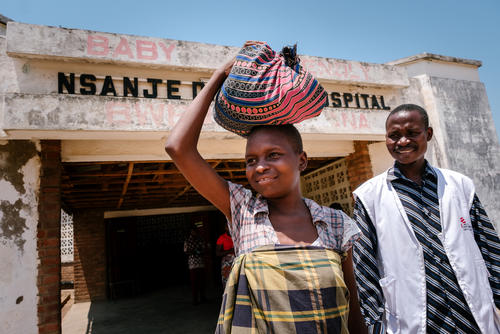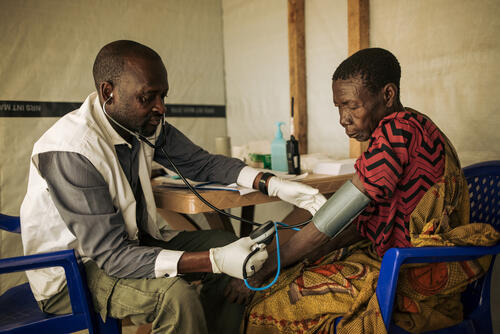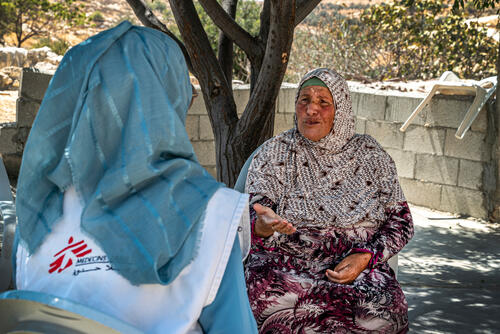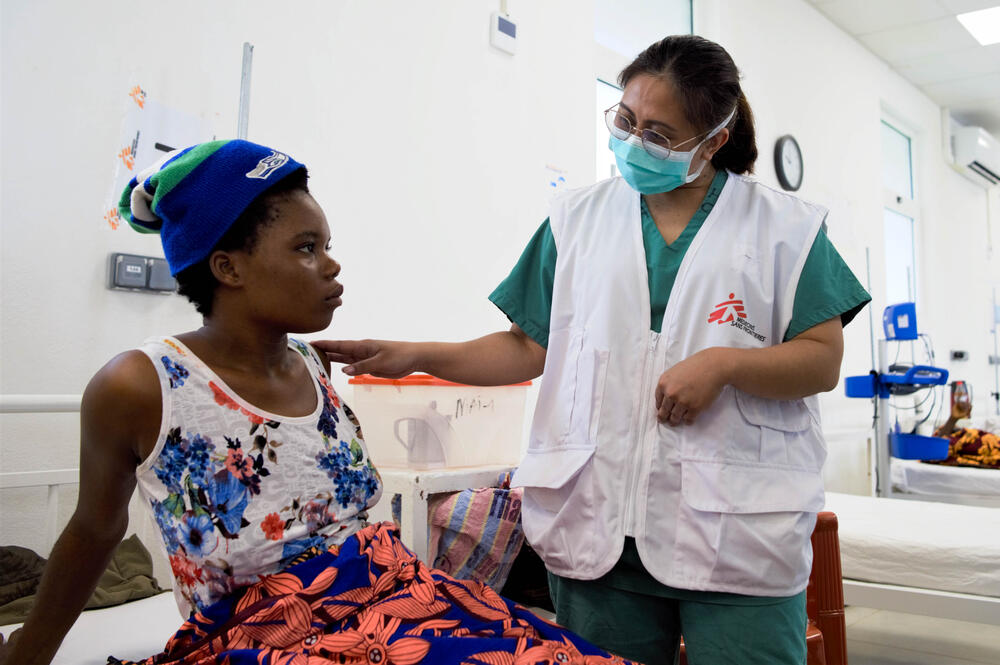Long-term health crises
While large-scale disasters often grab the headlines and appear to strike without warning, most humanitarian crises are complicated, under-reported and build over years, even decades.
They might be the consequence of instability, economics, persistent disease outbreaks or climate events that combine to push communities and healthcare systems to breaking point.
Worldwide, many MSF projects are focused on addressing the chronic and complex needs of people living through such events.
In South Sudan, for example, MSF runs some of its largest projects worldwide with well over 3,000 staff responding to intertwined medical needs driven by conflict, recurring natural disasters and infectious diseases. In fact, we’ve been operating in the region since 1983, long before the country itself was formed.
In many of the 70 countries where we operate, MSF teams work alongside Ministry of Health staff and support state-run facilities. In some countries, such as in the Central African Republic and the Democratic Republic of Congo, MSF has become a fundamental part of the healthcare system.
Chronic conditions
Worldwide, it’s not only long-term crises that we respond to but long-term conditions affecting vulnerable groups.
MSF runs specialist projects treating global health concerns such as HIV/AIDS and tuberculosis in countries where specialist care can be limited or where social issues create obstacles to accessing it.
At the same time, a huge amount of our work is dedicated to helping people living through dramatic humanitarian events with so-called ‘everyday’ conditions – chronic diseases such as diabetes, hypertension and asthma that can quickly become life-threatening without reliable access to fundamental drugs and a functioning healthcare system.
Examples of our work in long-term healthcare crises include:



